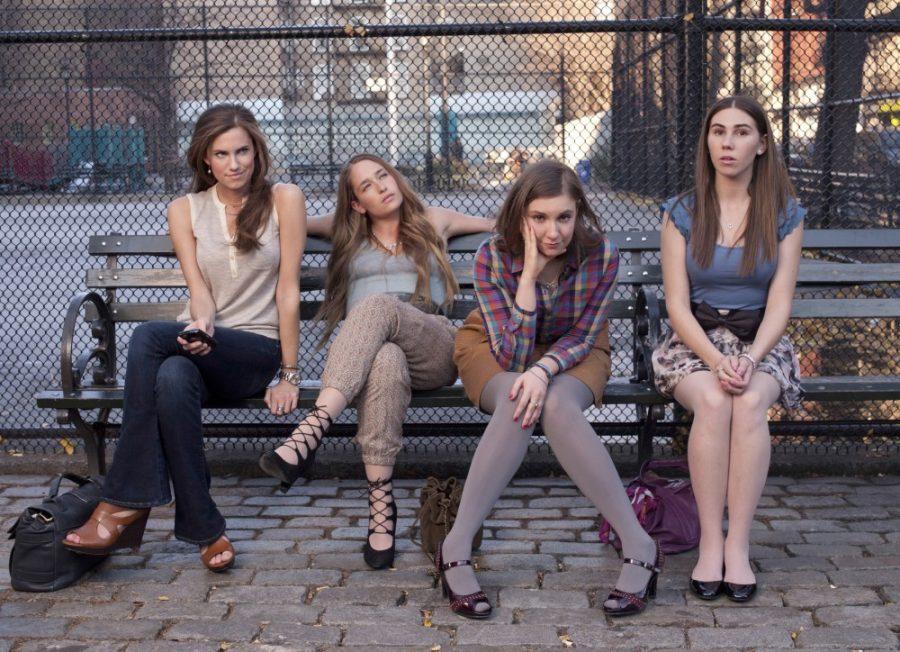What’s the secret to enjoying HBO’s fiercely unapologetic new show “Girls”? Stop with all the “Sex and the City” comparisons.
After all, Carrie, Miranda, Samantha or Charlotte never drank a cup of opium tea they mistakenly heard would taste like Twix, only to find it actually tasted like twigs.
This is the world of “Girls,” where the sex is awful, the characters are only mildly sympathetic, and the color palette is dreary and monochromatic, rather than brightly patterned in designer brands. But, in true HBO fashion, everything just works.
Lena Dunham, the show’s creator as well as writer, director and star, is the ultimate triple (quadruple?) threat, putting a new spin on the tired “20-somethings living in the city” plot with rapid-fire dialogue and a knack for blending realism and cynicism with just the right dose of honesty.
Judd Apatow’s credit as executive producer may have hung heavy during the show’s early stages of publicity, especially when it was screened at Austin, Texas’ South by Southwest film festival last month. But this is clearly Dunham’s production, evidenced by her work in 2010’s “Tiny Furniture.”
Dunham has a knack for distinguishing each character as their own specific archetype, interplaying them and producing hilarious results: Hannah (Dunham) is the artsy ultra-dependent who’s never paid her own way, Marnie (Allison Williams) is the Type-A best friend, Jessa (Jemima Kirke) is the flighty acquaintance who comes around for the occasional good time, while naive Shoshanna (Zosia Mamet), who only gets a brief pair of scenes in the pilot, is the pink Juicy sweatsuit-wearing, intellectually stunted one of the group.
“Girls” may poke a lot of harmless fun, but Dunham also knows when to rock the boat, specifically in the show’s sex scenes. She takes your personal worst sexual encounter and makes it decidedly more awful, as Hannah has to tell hookup buddy Adam, “Don’t be a jerk,” pre-sex, and her reminder for him to use a condom prompts a response of “I’ll consider it.”
The women of “Girls” are almost masochistic in their dating choices. Marnie, the only character in a committed relationship, finds her boyfriend’s overly doting personality borderline nauseating, claiming “his touch feels like a weird uncle, just putting his hand on my knee at Thanksgiving.” And she’s supposed to be the sensible one.
When Hannah is simultaneously cut off by her parents and laid off from her unpaid internship in one fell swoop, she announces, “I calculated and I can last in New York three and a half more days. Maybe seven if I don’t eat lunch.”
Hannah puts her energy in equal parts toward complaining about unemployment and being a parent’s worst nightmare of their post-grad child as she tries to convince her parents to keep supporting her financially. (She said it’s so that she can finish her “memoir.” She’s four chapters in, but waiting on the rest because she “has to live them first.”)
Hannah’s proclamation that she may be “the voice of her generation,” or at least one of them, becomes the show’s consummate tagline. And it just might be true: In terms of fully embracing adulthood and matching actions to their verbose convictions, these girls have a long way to go.
But don’t we all? “Girls,” for all its baggage, is worth adding to your Sunday TV lineup. It appeals to both your fun-loving side, which knows all the pop culture knowledge in the world, and your rational one, which knows it won’t pay your rent.









